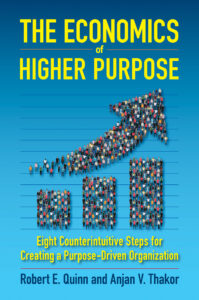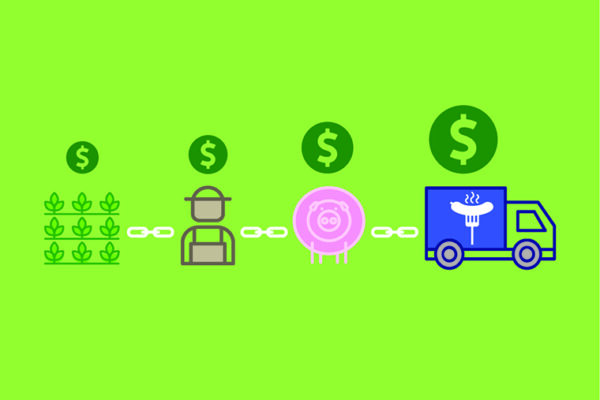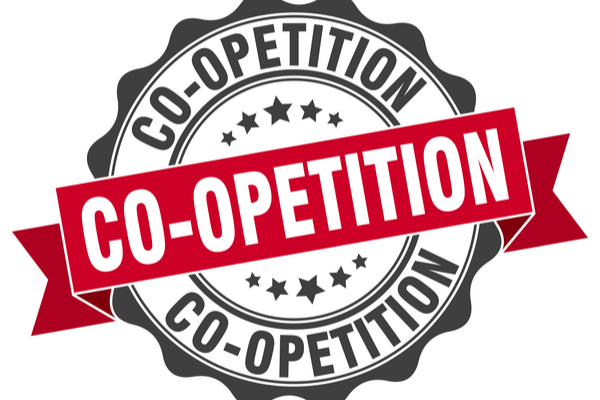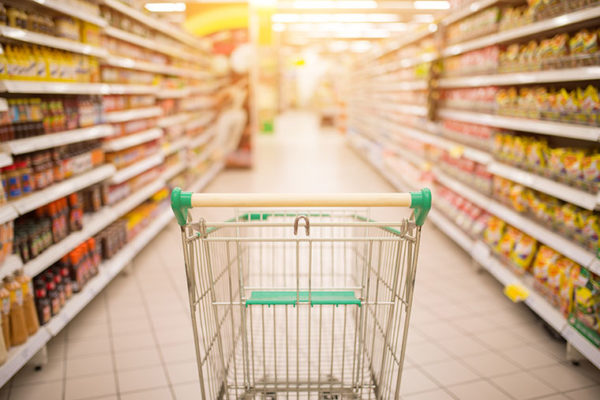Coronavirus far greater threat than SARS to global supply chain
Panos Kouvelis, who teaches and helped to popularize the Waffle House Index regarding natural-disaster responses, says the outbreak’s impact on global supply chains promises to be two times worse than when the SARS virus emerged in 2002 in China.
Invite consumers to pop-up, and pop goes the spending — offline and online
Two Washington University in St. Louis researchers, along with a former fellow Olin Business School faculty member and Alibaba officials, flipped the pop-up business model, and possibly more. The co-authors found that inviting potential customers via text message could increase buying with both a pop-up shop retailer and similar product vendors online … for weeks and months to come.
The Economics of Higher Purpose
Eight Counterintuitive Steps For Creating a Purpose-Driven Organization
Two distinguished scholars offer eight steps to help organizations discover and embrace an authentic higher purpose–something that will dramatically improve every aspect of any enterprise, including the bottom line.
Could 2018 tariff impact been foreseen?
Researchers from Olin Business School explore the complexity of tariffs as a trade tool in a global economy in a new paper. The research also establishes a supply chain model to explain those effects. The model proposes that, in some cases, the effects were foreseeable when accounting for strategic multi-party interactions and competition.
Federal farming report features two Olin researchers
Two Olin Business School researchers at Washington University in St. Louis are highlighted in a new federal report issued March 27 showing how U.S. farmers — facing a surge of weather events and disease outbreaks — can increase production and revenues with innovations produced by government-funded agricultural research.
Waffle House Index teaches how to weather storm with breakfast food
The Waffle House index refers to a clue into the level of devastation wrought by a natural disaster — disasters like Hurricane Florence, which made landfall at Wrightsville Beach, N.C., early Sept. 14. Panos Kouvelis, director of the Boeing Center for Supply Chain Innovation at Olin Business School, has taught it for years.
Computer-simulated soybeans
Where machine learning meets spring planting and big data intersects with farming big and small, two Olin Business School researchers have devised a computational model so farmers and seedmakers could take the guesswork out of which particular variety of, say, soybean to plant each year.
Drugmakers engage in ‘co-opetition’ through drug middlemen
Consumers can pretty easily discern how automobile manufacturers and their suppliers make money, for example. But fewer understand how their $20 co-pay for anti-cholesterol medication gets split between the drugmaker, the insurance company and the pharmacy benefit manager. New research from Olin Business School aims to explain.
Retail giants Dick’s, Walmart regulate where politicians won’t
Two U.S. retailers made moves this week to regulate their gun sales based on principle — moves that legislators failed to make in recent years despite public outcry following each incident in a line of mass-shooting tragedies. A pair of Washington University in St. Louis experts say that these actions represent “an expansion of corporate social responsibility,” even if the retailers financially may suffer amid something of a consumer backlash.
Once, twice, six times a grocery shopper
In the first test of detailed consumer-buying habits by categories at more than one chain store selling groceries, a team of business school researchers, led by Washington University in St. Louis, found that shoppers weren’t monogamist or bigamist but rather polygamist in their choice of outlets. In fact, it turns out that grocery categories such as dessert toppings, motor oil, candles and refrigerated ethnic foods were some of the leading products that lure customers to separate stores.
Older Stories








